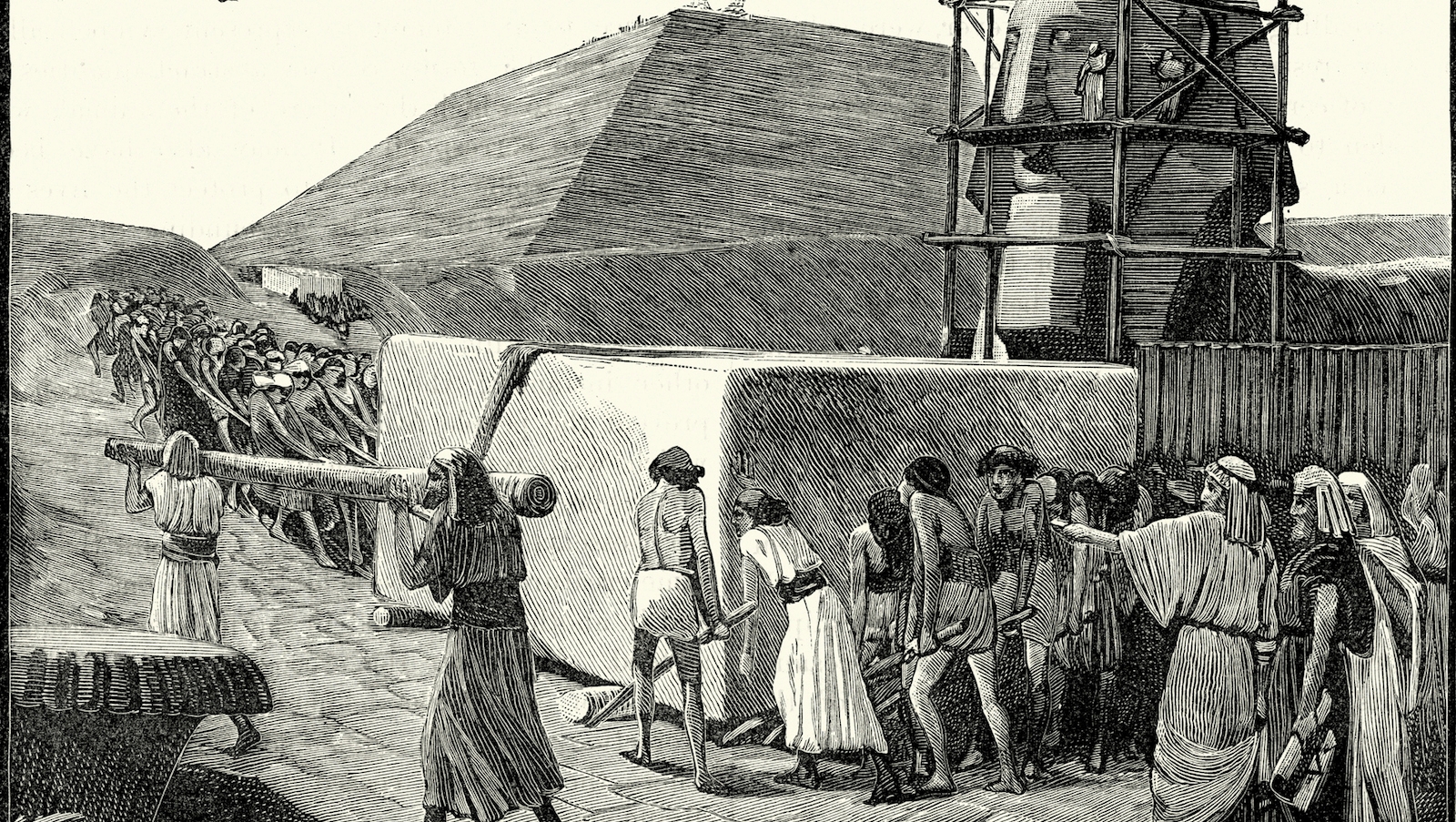Blues Man
Diamond Member
- Aug 28, 2016
- 35,513
- 14,915
- 1,530
So ALL slaves in the Iron Age were indentured servants? Oh an we've also outlawed indentured servitude so once again we see than morals of mere humans are superior to that of your god.Indentured servants. And what you are criticizing as reprehensible were laws aimed at improving treatment of indentured servants which were heads and shoulders above that of their neighbors.
You have proof of that that doesn't come from the bible? In fact your own bible proves you wrong
Leviticus 24:44-46
44 “‘Your male and female slaves are to come from the nations around you; from them you may buy slaves. 45 You may also buy some of the temporary residents living among you and members of their clans born in your country, and they will become your property. 46 You can bequeath them to your children as inherited property and can make them slaves for life, but you must not rule over your fellow Israelites ruthlessly.
That passage doe NOT describe indentured servitude
And how does the rule as you call it that allows a man to beat a slave as long as he doesn;t die while he his being beaten?
Tell me would you petition your local government to stone your rebellious son to death?
If you lived by the reprehensible morals of the bible you would have to
The bible is not the place to hone one's sense of morals and ethics
